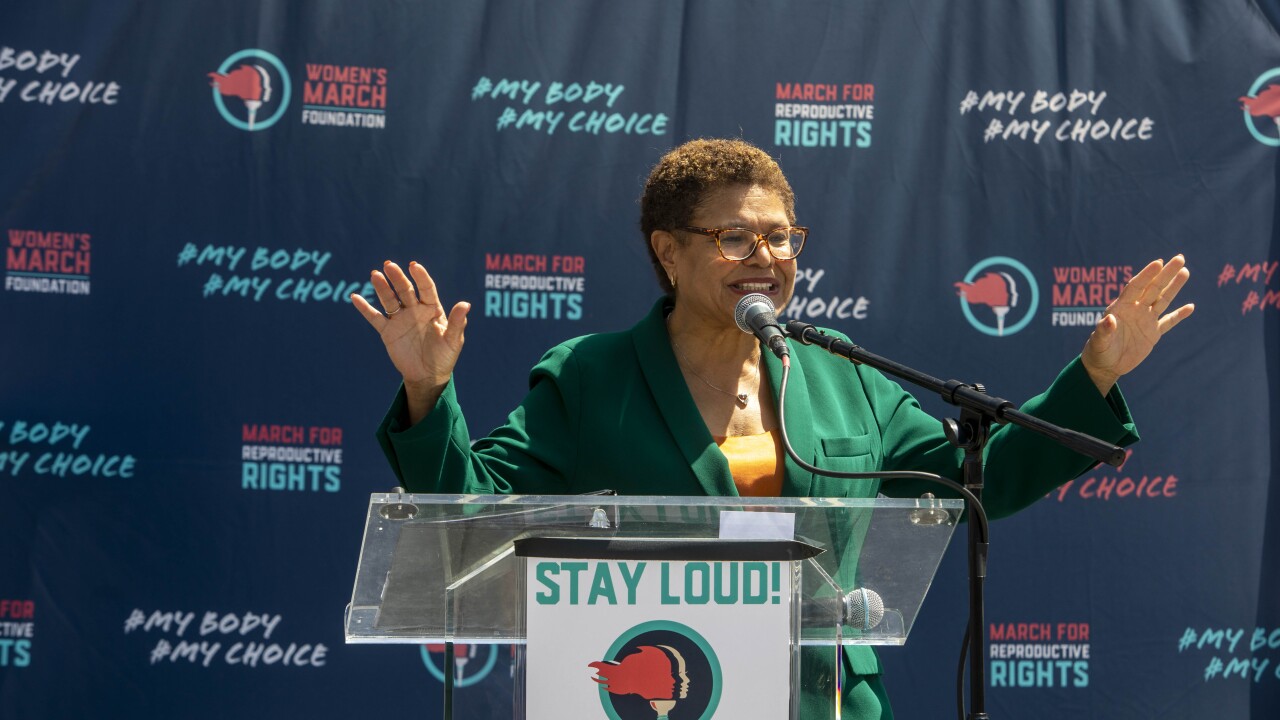CHICAGO — Illinois ended fiscal 2013 with an unpaid bill backlog of $6.1 billion as the state made a $1.5 billion dent in its payables over the previous year, state comptroller Judy Baar Topinka announced Monday.
The good news is overshadowed by Topinka's warning that the backlog is expected to swell to about $7.5 billion by the end of August. The dent in fiscal 2013 bills was primarily due to a $1.3 billion infusion of unexpected income tax revenues from assets, bonuses, or early dividends received by businesses and individuals seeking to have their income taxed at 2012 rates in anticipation of higher federal tax rates this year.
"That windfall allowed us to aggressively pay down bills and provide some relief to vendors, but it did nothing to address the state's systemic budget problems," Topinka said.
The state ended fiscal 2013 Sunday with 73,184 unpaid bills totaling $3.3 billion. That figure rises to $6.1 billion when estimates of unpaid bills still held by state agencies are counted. The state can pay off bills incurred in the past fiscal year through December of the current fiscal year.
Based on past trends, Topinka's office projects the state will owe about $7.5 billion by August and nearly $9 billion in November and December.
"We continue to force businesses, hospitals, schools and service agencies to wait months on end for promised payment from the state. It is unconscionable and further highlights the importance of keeping spending flat and restoring our fiscal integrity," Topinka said.
The state's backlog is one of three primary strains on the state's fiscal foundation. The others are the state's growing annual burden to address a pension system just 40% funded with $95 billion of unfunded pension obligations, and the looming expiration of a portion of the 2011 income tax hike in fiscal 2015.
Gov. Pat Quinn announced over the weekend projections that the state's unfunded pension obligations will grow by $5 million daily. That figure is down from a prior estimate in November 2012 of a $17 million daily jump. Quinn's office said the pace of escalation has slowed due to the state making its full statutory-based contributions in recent years and benefit cuts for new employees passed in 2010.
Despite the slowdown, Quinn said pension reform is no less urgent. Inaction in May by the General Assembly drove two rating downgrades, driving up the cost of state borrowing. The state's general obligation debt is rated in the low-single-A category with a negative outlook from all three rating agencies.
"We must stop this bleeding. Legislators must work around the clock to put a bill on my desk that erases the pension debt for the greater good of the people of Illinois," Quinn said in a statement. A legislative conference committee charged with crafting a reform package holds its second public meeting Wednesday but it's unlikely it will meet a Quinn-imposed July 9th deadline to reach a solution.





